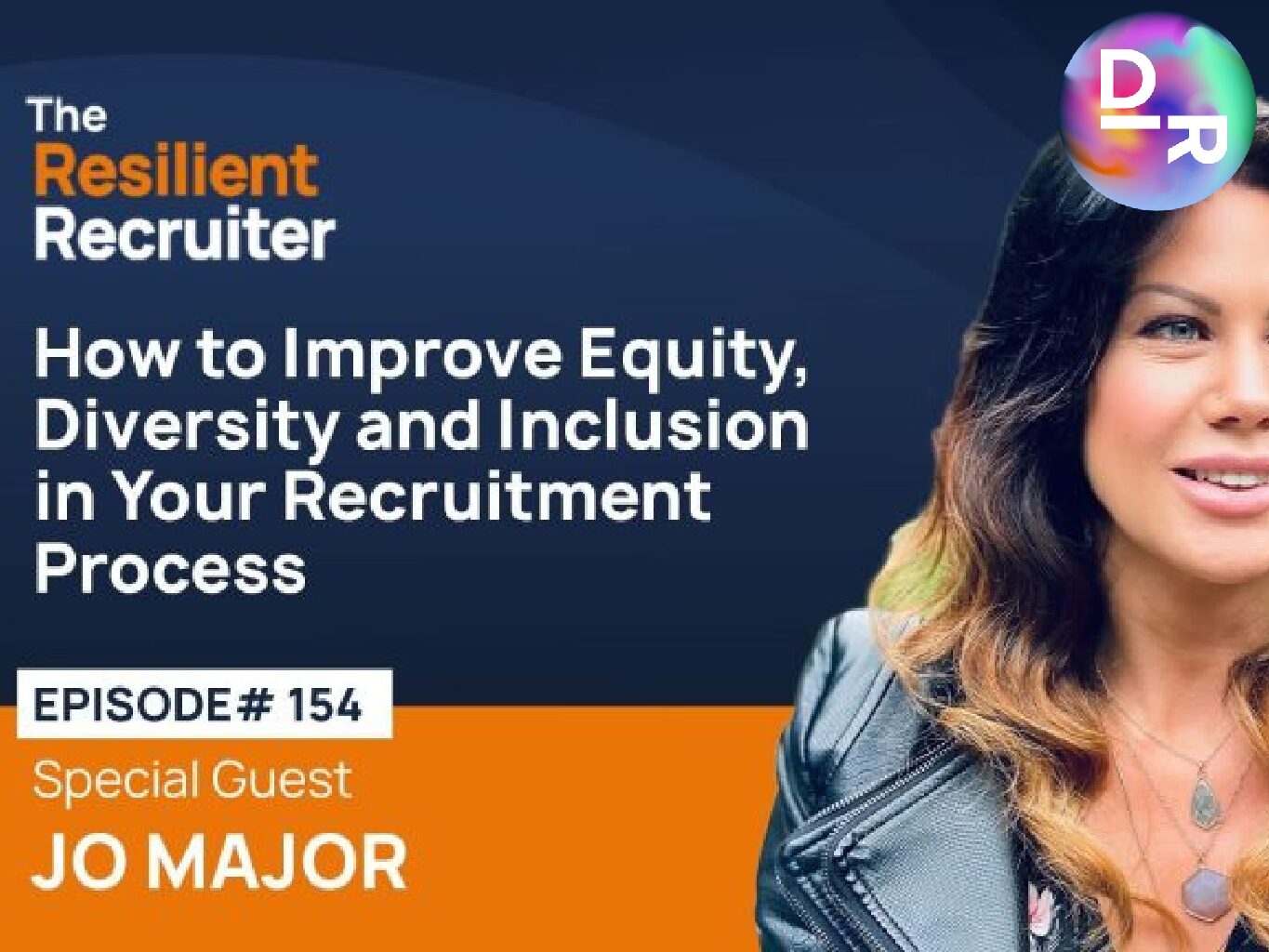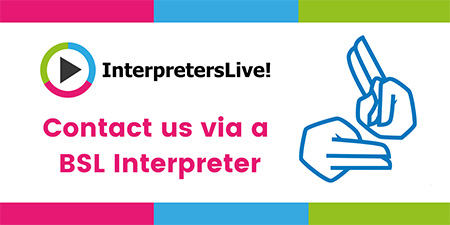Retained recruitment models are often seen as a premium service. A way to bring in specialist support, fill senior roles, or tackle those business-critical hires. But when it’s done right, retained recruitment can do so much more than just fill a vacancy. It can actively support your inclusive recruitment strategy.
Because retained recruitment isn’t about sending CVs and crossing fingers. It’s about taking the time to do the job properly, embedding inclusive hiring principles from the very start, and ensuring every stage of the process is fair, accessible, and equitable.
So, how exactly does retained recruitment support inclusion? Let’s break it down.
It starts with partnership, not panic. Contingent recruitment often focuses on speed, volume, and being the first to get candidates in front of hiring managers. And while that can work for some roles, it’s rarely the right approach when you’re trying to diversify your talent pool.
Retained recruitment allows for a deeper, more strategic partnership between the recruiter and the client. That means time to understand the business, the culture, the gaps, and the barriers. It also creates space to challenge outdated practices, explore underrepresentation, and build an inclusive hiring strategy that aligns with the organisation’s long-term goals.
It allows space to slow down and do the work properly – Inclusive hiring takes time. It takes time to write inclusive job descriptions, remove bias from the process, build accessible interview formats, and challenge old assumptions about what good looks like.
Retained recruitment gives you that time – Rather than rushing to market with a tired job advert and hoping for the best, you can take a step back and consider who you are trying to attract, what barriers might be in place, and how the process might exclude brilliant candidates before they even apply.
With a retained model, you can invest in inclusive attraction strategies, talent pooling, and engagement campaigns that reach people who might never apply to a standard advert. You also have the space to involve employee resource groups, review internal data, and adapt your approach based on lived experience.
It helps tackle bias in shortlisting and selection – One of the most valuable parts of a retained model is the opportunity to bring structure, consistency, and objectivity to the selection process.
That means moving away from vague culture fit conversations and gut feel hiring decisions, and towards evidence-based shortlisting, inclusive assessment design, and structured interview scoring.
When you work with a recruiter who understands inclusive recruitment, you’re not just getting a shortlist – you’re getting a shortlist that reflects the talent that’s out there, not just the talent that’s already in your network.
It creates a better candidate experience – Let’s be honest. Recruitment processes are still full of exclusionary practices. From unclear job descriptions and inflexible interview formats to inaccessible communication and last-minute scheduling, the experience can be stressful and disempowering – especially for candidates from underrepresented groups.
Retained recruitment allows you to put care and consistency into the candidate journey. It gives you the chance to offer adjustments from the very first interaction, to keep communication open and transparent, and to create a process that respects the candidate’s time, energy, and lived experience. Inclusive hiring is not just about who you hire – it’s about how you make people feel along the way.
It supports long-term inclusion goals, not short-term wins – A retained recruiter isn’t just working on this one hire. They’re building a longer-term view of your business, your people, and your strategy. They’re able to look at your internal mobility, your employer brand, and your reputation in the market.
That makes it easier to challenge the hiring decisions that keep happening because “we’ve always done it this way.” It also helps you build talent pipelines that support future hiring – not just current needs. Retained recruitment gives you a chance to hire differently, not just faster.
Final thoughts
Inclusive recruitment requires intention, time, and accountability – and retained recruitment offers the space to do that properly.
If you’re serious about reducing bias, widening your talent pool, and building equity into your hiring processes, retained recruitment could be the partnership approach you’ve been looking for. Because when your recruitment partner is truly aligned with your inclusion goals, every hire becomes an opportunity to do better.
Want to make your retained recruitment more inclusive? I work with businesses across the UK to deliver retained recruitment that centres equity, accessibility, and inclusion – at every stage. If you’d like to talk about how we can work together to do things differently, let’s chat.


